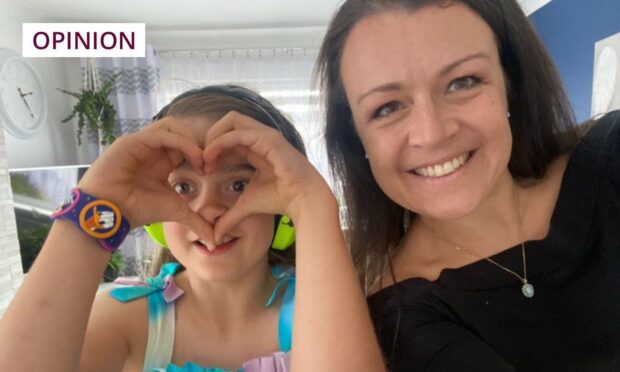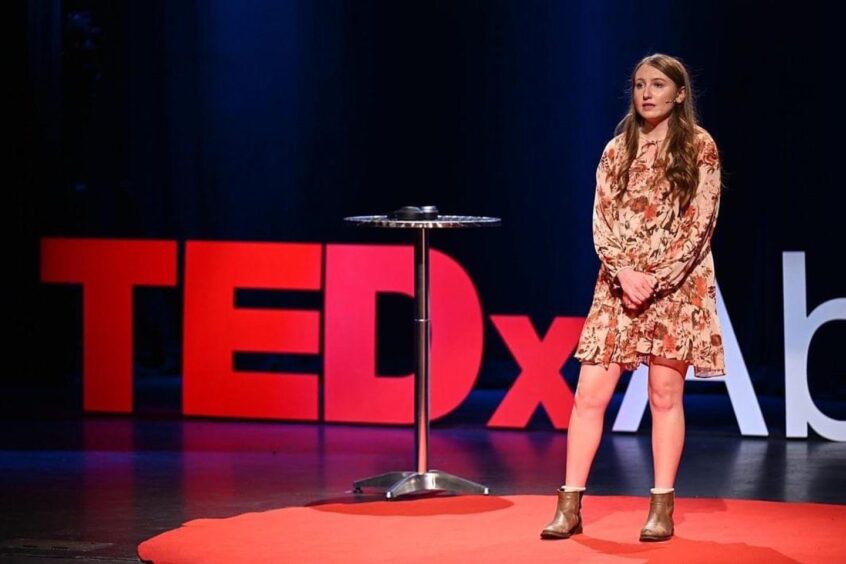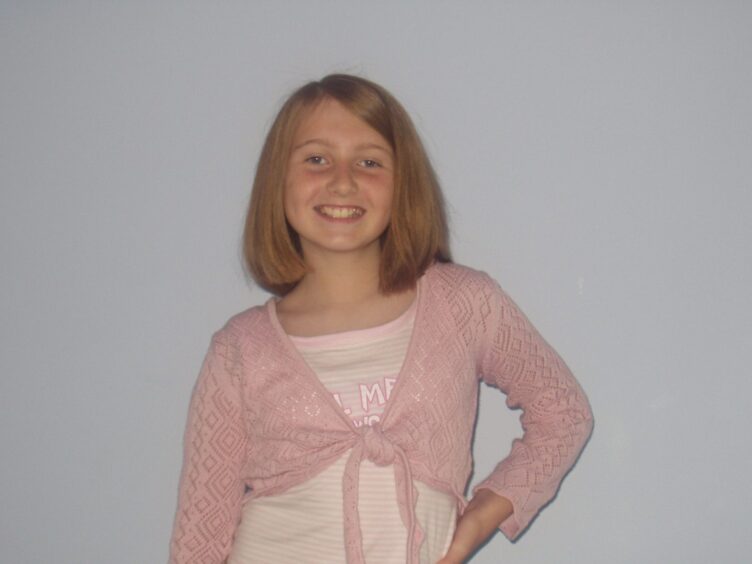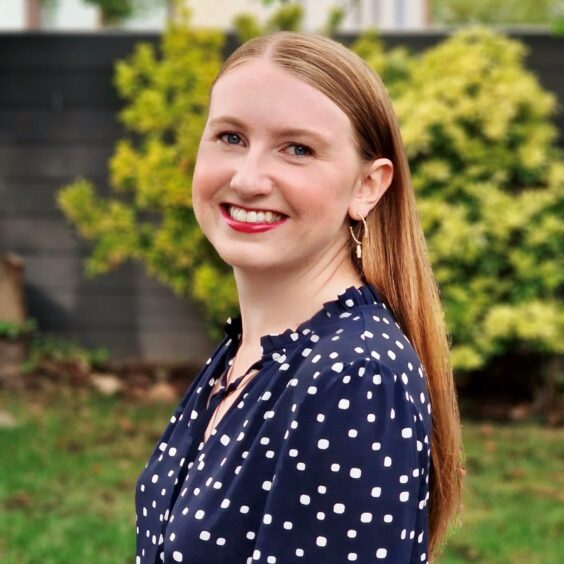My heart sank when a school close to home hit the headlines last week after a pupil with additional support needs was removed from her class photo.
Not only was I devastated for schoolgirl Erin Pinnell, upon reading how the photographer chose to take two class photographs, one featuring Erin and one without, but as an autistic person, I know all too well of the deep-rooted emotions that arise from being excluded for simply being different.
Sadly Erin’s experience is not an isolated incident, rather it echoes a much broader struggle faced by those in the neurodivergent and disabled community.
Growing up autistic, I know firsthand the emotional toll of being sidelined, overlooked and disregarded simply because my brain is wired differently.
In my TEDx talk – Autism is a difference, not a disorder – I shared my experiences of being left out of social gatherings, misunderstood in educational settings, and excluded from opportunities. The hurt of exclusion cuts deep and leaves lasting scars.
For those like myself with learning differences and disabilities, exclusion is an ongoing struggle against a world that has a narrow-minded view of “normal”.
ASN exclusion is a heartbreaking reality and so many children feel like outsiders
It’s a heartbreaking reality that so many children are made to feel like outsiders in their own schools, communities, and even families, simply because they think, feel, or communicate differently.
The exclusion from school photos is just one manifestation of a much deeper problem—one that maintains harmful stereotypes, reinforces societal prejudices, and denies individuals like Erin the opportunity to fully participate and belong.
For many autistic people like myself, the act of masking—hiding one’s true thoughts, feelings, and behaviours to mimic neurotypical norms—becomes a necessary survival strategy.
It can seem like the only way to avoid judgment, ridicule, and exclusion, to gain acceptance in a society not designed for different minds.
But masking comes at a high price–costing people their emotional wellbeing and mental health as they desperately try to fit the neurotypical mould that was never designed to accommodate them.
Certainly, when I was in school, out of fear of rejection, I felt like I had no other option other than to pretend to be someone I am not, no matter what it took.
Whether it was learning countless social scripts to stop bullies mocking the way I talked, or pushing through severe sensory discomfort to avoid drawing attention or judgement from others, I moulded myself into the shape of what others wanted me to be.
Many assumed my autism was ‘cured’ by ability to mask
While those around me might have assumed my autism was ‘cured’ by my ability to mask my autistic traits and start to fit in, in reality I felt more disabled than ever.
With each passing day, masking day in day out took its toll on my emotional and mental health, leaving me feeling increasingly anxious, exhausted and disconnected from those around me.
Although I was starting to be included and embraced by my peers, I still felt incredibly lonely because deep down I knew they didn’t like the real me, they liked this fake version I had created in the face of that relentless pressure to please others and gain acceptance.
Despite feeling this way, the fear of rejection remained at large, so I continued to sacrifice pieces of myself.
I had hoped in the near-15-years since I left high school that educational settings were more inclusive of different minds.
But Erin’s experience serves as a poignant reminder that we still have a long way to go. It’s a reminder of the struggle to be seen, accepted and valued for who we truly are.
Just as Erin was excluded from a seemingly unimportant (to some) aspect of school life, so too are others in the neurodivergent and disabled community excluded from fully participating in a society that fails to accept and embrace their perspectives and contributions.
Not only do we need to address and challenge this immediate incident, but also confront the systemic biases and barriers that contribute to the marginalisation of neurodivergent and disabled people.
This includes challenging inflexible environments that demand conformity and reward masking, and instead embracing a more inclusive and accepting version of society–one that celebrates and sees the true value of different minds.
It’s a future that we must all strive towards, for the sake of me, Erin and every other person who has felt excluded or misunderstood.
Katie Forbes is founder and director of Autistic Flair, an autistic-led organisation providing services to individuals and businesses looking to improve autism understanding and acceptance.




Conversation